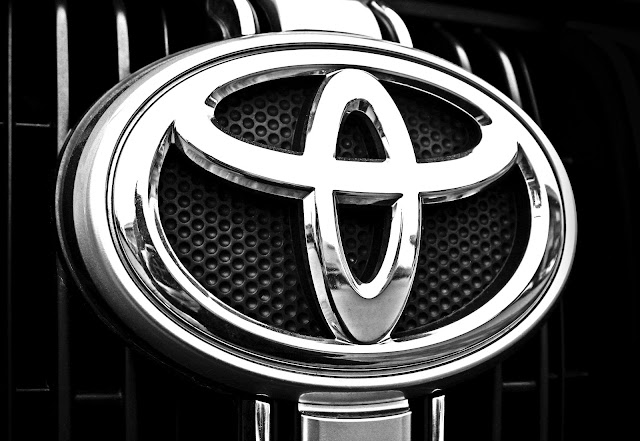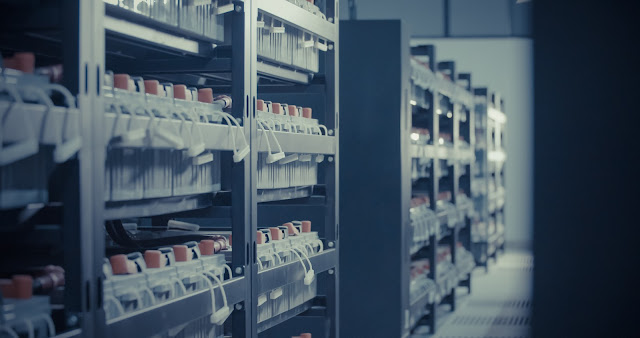Japan Offers Substantial Subsidies to Toyota for Electric Vehicle Battery Investment, Promoting Domestic Technology Development
In total, the ministry plans to provide 127.6 billion yen ($900 million) in funding for seven projects that focus on the development and investment in battery parts and materials. These projects involve various battery manufacturers alongside Toyota. This initiative follows a previous decision made in April, where the government granted a subsidy of approximately 160 billion yen ($1.1billion) for an EV battery manufacturing project led by Honda Motor Co. and GS Yuasa Corp.
During a press conference, Economy, Trade and Industry Minister Yasutoshi Nishimura expressed his hope that the substantial investments made by Toyota and other companies would significantly strengthen Japan's battery supply chain. This comes at a time of heightened global competition in the battery market.
To support these investment efforts, the government has allocated 331.6 billion yen ($2.3 billion) in a supplementary budget for fiscal year 2022. This funding will reinforce support for the development and investment in batteries, as well as battery parts and materials.Toyota has ambitious plans to expand its all-electric vehicle lineup. The company aims to introduce ten new models and achieve annual sales of 1.5 million EVs by the year 2026. The subsidies provided by the government will assist Toyota in realizing these goals and contribute to the growth of the EV market in Japan.
In addition to the subsidies for EV batteries, the ministry also announced on Friday that it would provide up to 55 billion yen ($387 million) in subsidies for eight projects focused on semiconductors and related parts and materials. This support reflects the government's commitment to strengthening Japan's semiconductor industry, which plays a critical role in various technological applications.
These initiatives underline the Japanese government's proactive approach in fostering domestic technological advancements. By incentivizing investments in key sectors such as EV batteries and semiconductors, the government aims to bolster economic growth, enhance Japan's global competitiveness, and ensure a stable supply of essential technologies.Japan's Ministry of Economy, Trade, and Industry will offer substantial subsidies totaling 117.8 billion yen ($830 million) to Toyota Motor Corp. to encourage investment in cutting-edge EV batteries. This initiative aligns with the government's broader strategy to promote domestic production of essential technologies and ensure economic security. The ministry also plans to provide funding for other battery projects, as well as projects related to semiconductors and their components. These efforts reflect the government's commitment to strengthening Japan's position in these critical industries and driving technological advancement in the country.
Related Articles:
The Latest Service And Equipment For Your Car
Toyota's All-Solid-State Batteries: Revolutionizing EVs with Enhanced Range and Rapid Charging
Exploring Society 5.0: Toyota Motor Corp Drives the Future of AI and Smart Cities
Toyota and Subaru Forge Electric Vehicle Partnership for Exciting Future




Comments
Post a Comment